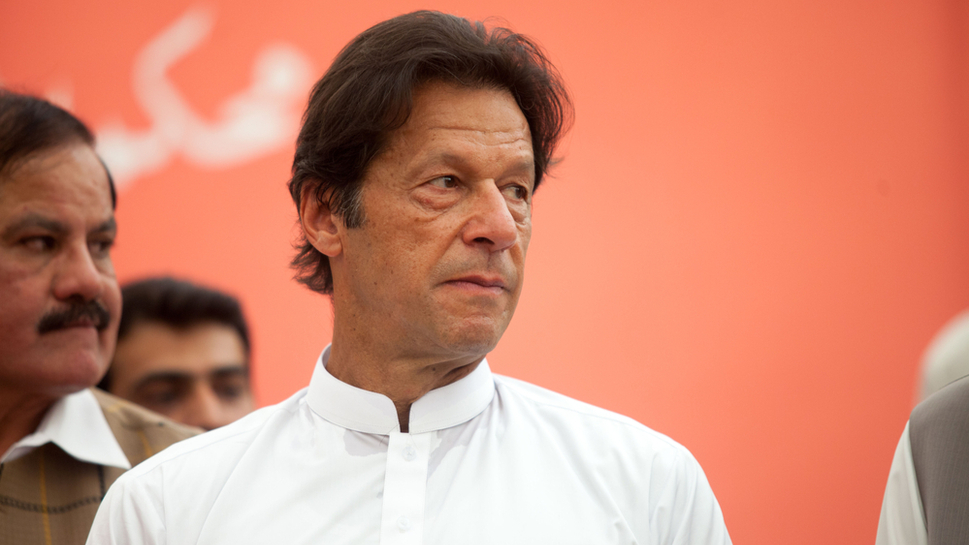Internet giants threaten Pakistan exodus over censorship rules
Tech firms refuse to stand by as Pakistan introduces strict new laws

Google, Facebook and Twitter have banded together in protest against new internet censorship rules introduced in Pakistan.
The digital censorship law affords regulators the right to order the takedown of content considered harmful, giving rise to concerns the rules would be wielded to suppress voices that do not align with the government’s agenda.
The three tech giants delivered a cutting letter to Imran Khan, Prime Minister of Pakistan, via a group referred to as the Asia Internet Coalition (AIC). In the note, the trio alluded to a collective unwillingness to stand for the new censorship laws - a thinly-veiled threat.
- Kashmiri authorities crack down on VPN usage
- Apple may block VPNs from Chinese app store
- Google planning to launch censored Chinese search engine
“The rules as currently written would make it extremely difficult for AIC Members to make their services available to Pakistani users and businesses,” said the letter, which appears to suggest the group would consider withdrawing from the country entirely.
Though the rules are still written into law, the Pakistani government has swiftly retreated from its position. Officials have said they will begin an “extensive and broad-based consultation process with all relevant segments of civil society and technology companies.”
Internet censorship
The standoff with Pakistan is by no means the first of its kind in the region, although never before has a group of tech companies threatened to totally withdraw from a nation.
Authorities in the India-controlled region of Kashmir have begun an investigation into hundreds of residents they suspect used VPNs to bypass social media restrictions.
India itself is also expected to launch new censorship guidelines imminently, including a requirement that messaging services such as WhatsApp inform the government how many messages were sent and received by users of the platform.
Shahzada Zulfiqar, President of the Pakistan Federal Union of Journalists, has spoken out against the censorship rules, which were introduced without any form of advanced warning.
“The new laws will only cause deterioration of a digital economic future for Pakistan but also decrease freedom of expression, increase censorship and diminish digital rights,” he said.
Members of the Pakistani government have denied the new rules are designed to inhibit free speech, claiming the goal is instead to protect the cultural and religious values of the country.
- Here's our list of the best VPN services on the market
Via New York Times
Sign up to the TechRadar Pro newsletter to get all the top news, opinion, features and guidance your business needs to succeed!

Joel Khalili is the News and Features Editor at TechRadar Pro, covering cybersecurity, data privacy, cloud, AI, blockchain, internet infrastructure, 5G, data storage and computing. He's responsible for curating our news content, as well as commissioning and producing features on the technologies that are transforming the way the world does business.